Losing a beloved pet is a heart-wrenching experience, not just for humans but for their animal companions too. Cats, known for their independent demeanor, often form deep bonds with their fellow feline friends. When one cat passes away, the surviving cat can experience a profound sense of loss. Just like humans, cats grieve in their own unique ways. Understanding and supporting a grieving cat is crucial in helping them navigate through this emotional time.
Recognizing the Signs of Grief in Cats
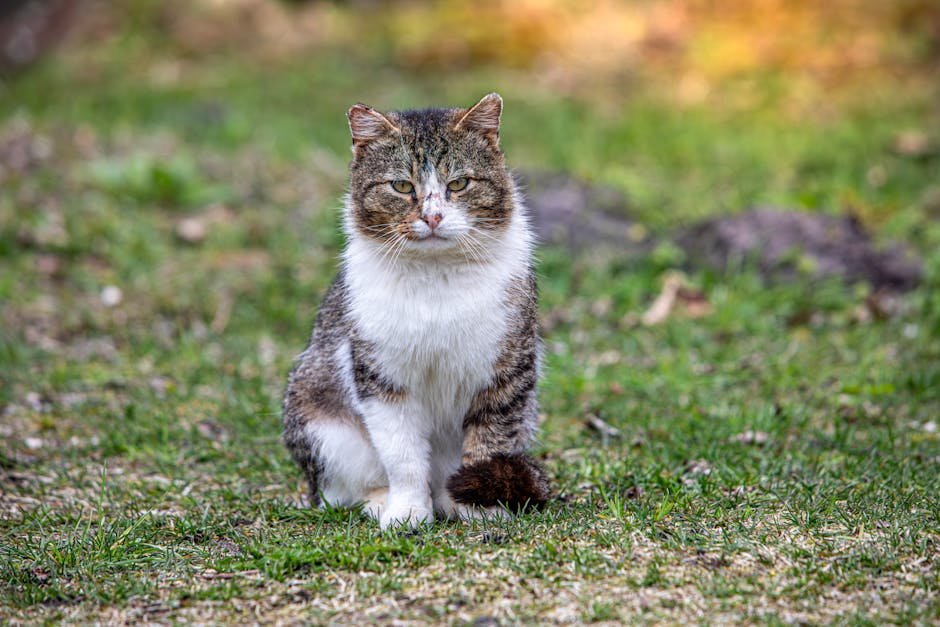
Cats, though often perceived as aloof, can exhibit noticeable changes when they are grieving. You might notice your cat becoming more withdrawn or hiding more than usual. They may lose interest in their favorite activities or toys. Some cats might become more vocal, as if calling out for their lost friend. Changes in appetite or sleeping patterns are also common. It’s important to pay attention to these signs, as recognizing them is the first step in providing the necessary support.
Providing Comfort Through Presence

Your presence can be a source of immense comfort to a grieving cat. Spending more time with them, even if it’s just sitting quietly in the same room, can provide reassurance. Cats often find solace in the familiar, so maintaining a consistent routine can also help. Offering gentle petting or brushing can be soothing, but be mindful of their signals. If they seem to want space, respect that wish.
Maintaining a Routine
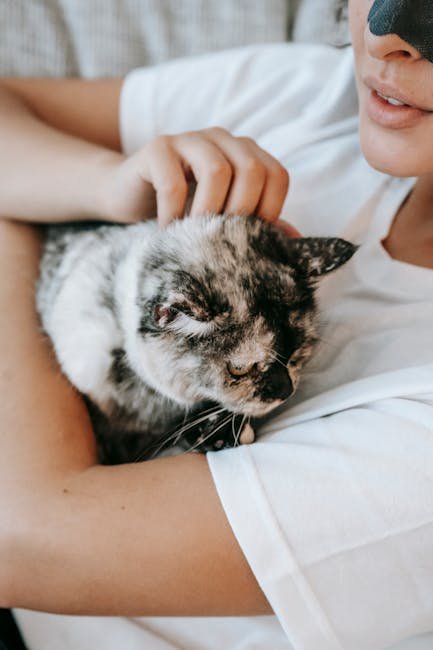
Consistency can be incredibly comforting to a grieving cat. Keeping feeding times, play sessions, and bedtime routines the same can provide a sense of stability. Routines offer predictability, which can be reassuring. It’s like offering a steady rock in a turbulent sea. While it’s essential to maintain a routine, be flexible and patient as they adjust to life without their companion.
Engaging in Interactive Play
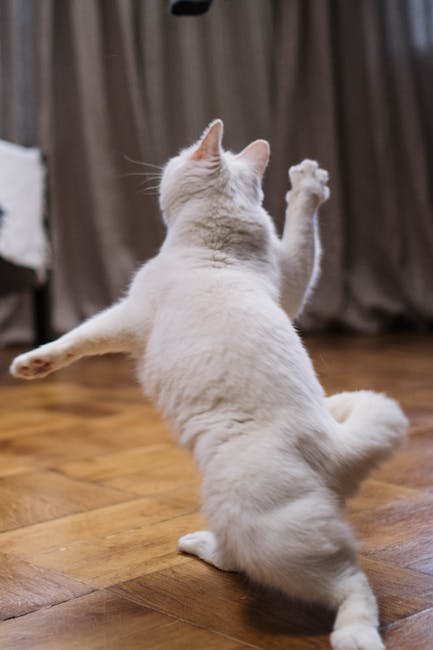
Interactive play can be a great way to distract a grieving cat and lift their spirits. Toys that mimic prey, like feather wands or laser pointers, can engage their hunting instincts. Playtime can serve as both a physical and emotional outlet. It’s a moment where the cat can momentarily forget their sadness and focus on the thrill of the chase, offering them a brief escape from their grief.
Introducing New Stimuli
While maintaining a routine is important, introducing new stimuli can also be beneficial. New toys, scents, or even a different view from a window can pique their interest. These new experiences can stimulate their curiosity and provide a healthy distraction. It’s like giving them a new puzzle to solve, which can be both engaging and comforting.
Comfort Through Familiar Scents
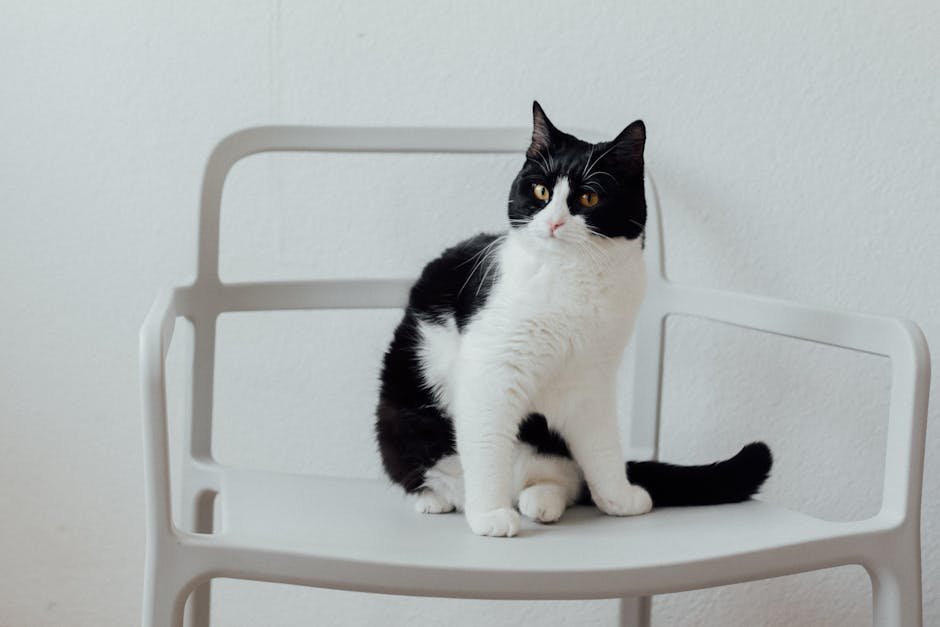
Cats have a strong sense of smell, and familiar scents can provide comfort. Consider placing blankets or toys that carry the scent of their lost companion in areas where your cat likes to rest. These scents can evoke memories and provide a sense of closeness. Think of it as wrapping them in a warm, familiar hug, offering solace in their time of grief.
Offering Safe Spaces
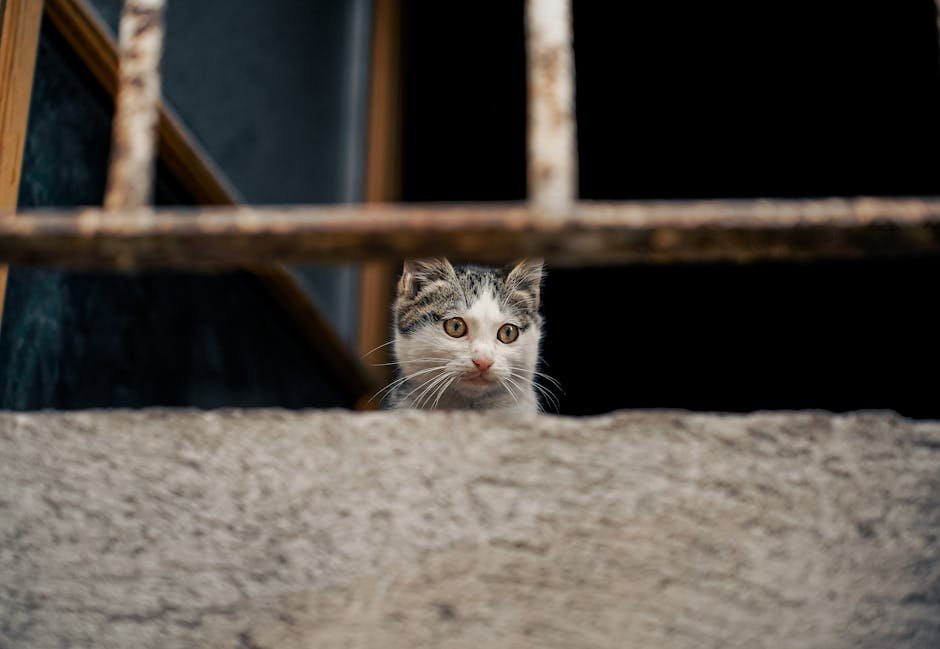
Creating safe spaces for your cat to retreat to can be incredibly comforting. This could be a cozy bed, a quiet room, or a favorite perch. These spaces act as sanctuaries where they can process their emotions without disturbance. It’s like offering them a personal retreat, a place where they can find peace and solitude.
Monitoring Health and Behavior
Grief can sometimes manifest in physical ways, so it’s important to monitor your cat’s health. Keep an eye on their eating habits, weight, and overall behavior. If you notice significant changes or signs of distress, it might be time to consult a veterinarian. This vigilance ensures that any potential health issues are addressed promptly.
Allowing Space for Grieving
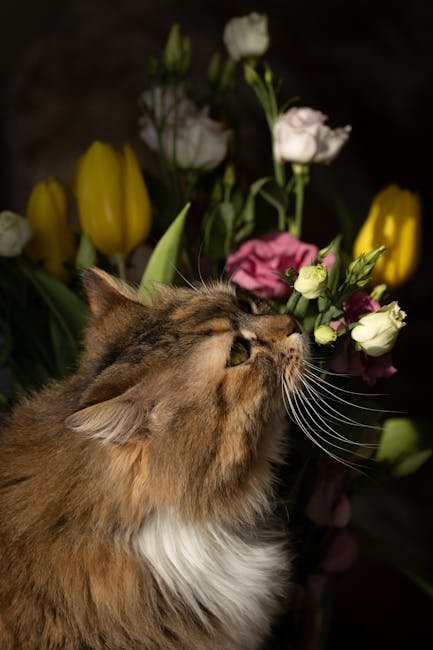
Just as with humans, cats need time and space to grieve. It’s important to allow them to process their emotions at their own pace. Don’t rush them or expect them to bounce back immediately. Grieving is a personal journey, and each cat will navigate it in their own way. Offering them patience and understanding during this time is crucial.
Seeking Veterinary Advice
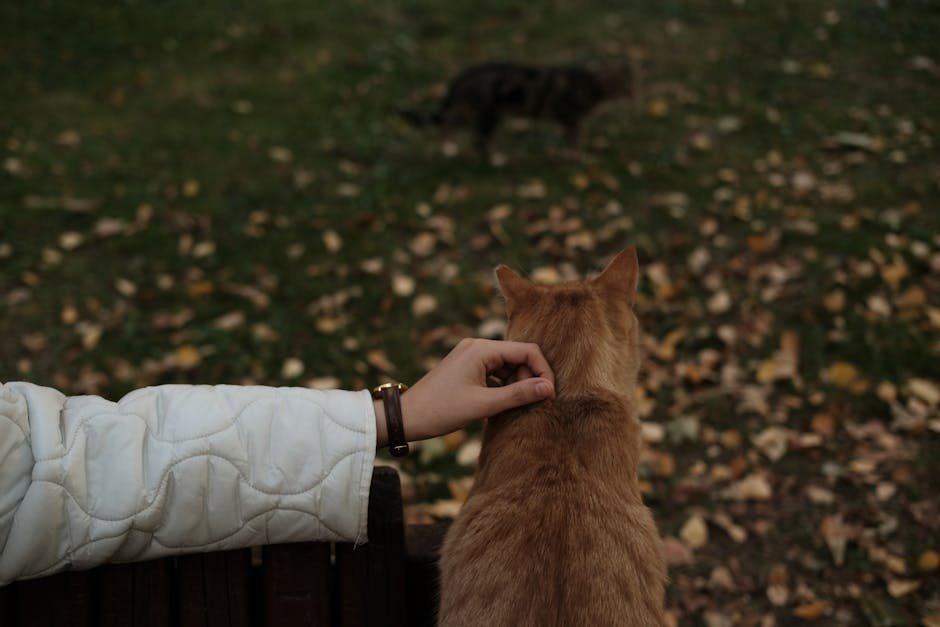
If your cat’s grief seems prolonged or severe, seeking veterinary advice is a wise step. A veterinarian can rule out any underlying health issues that might be exacerbating their distress. They can also provide guidance on how to support your cat emotionally. Sometimes, professional insight can be invaluable in ensuring your cat’s well-being.
Considering Companion Introduction Carefully
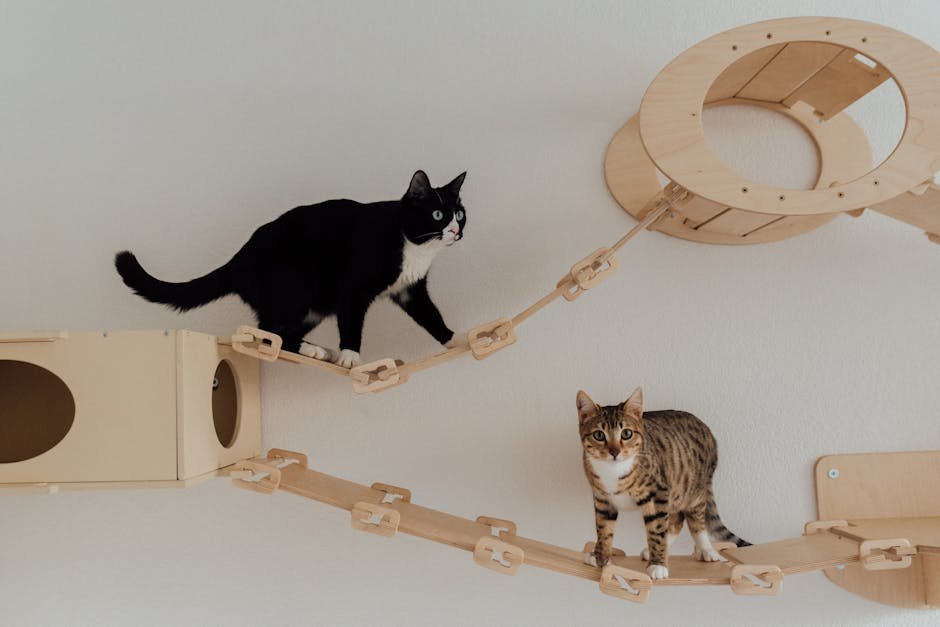
While introducing a new companion might seem like a good idea, it’s important to proceed with caution. Some cats might benefit from the company, while others might feel overwhelmed. Consider your cat’s personality and readiness before making this decision. It’s essential to ensure that any new introduction is done gradually and thoughtfully.
Encouraging Social Interaction
Encouraging social interaction, either with humans or other pets, can help a grieving cat feel less isolated. This doesn’t mean forcing them into interactions but rather providing opportunities for engagement. Think of it as gently nudging them towards the warmth of companionship without overwhelming them.
Understanding the Individuality of Grief
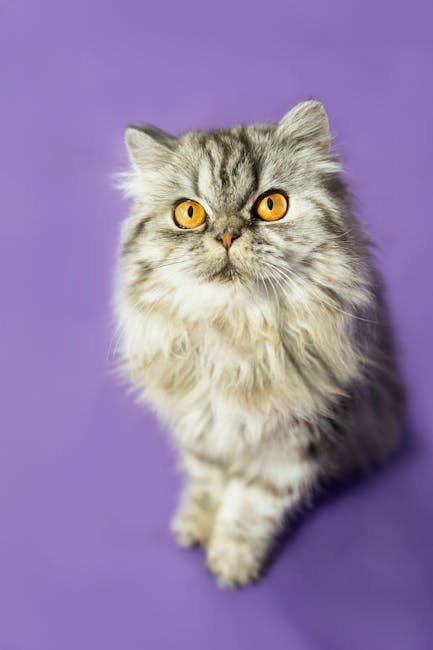
Every cat grieves differently, and it’s crucial to understand this individuality. Some might take longer to adjust, while others might bounce back quicker. There’s no right or wrong way for a cat to grieve. Recognizing and respecting their unique process is key to providing effective support.
Providing Mental Stimulation

Mental stimulation can be a helpful distraction for a grieving cat. Puzzle feeders, new climbing structures, or interactive toys can engage their minds. These activities provide a break from their sadness and encourage positive engagement with their environment.
Utilizing Calming Remedies
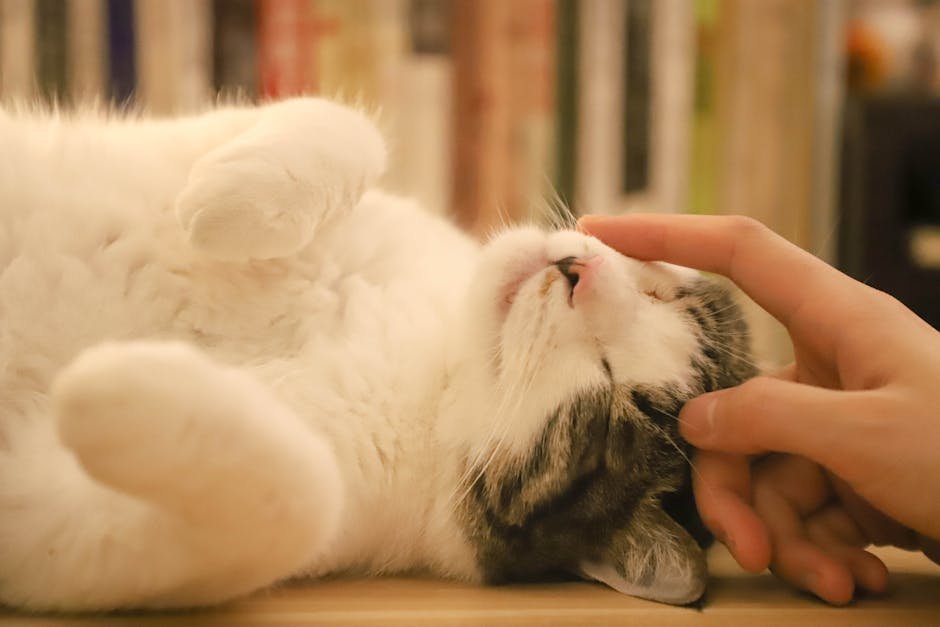
Calming remedies, such as pheromone diffusers or calming collars, can help alleviate stress in a grieving cat. These products release comforting scents that mimic natural feline pheromones. They can create a more relaxed environment, helping your cat feel more at ease.
Offering Extra Attention

During times of grief, offering extra attention can reassure your cat that they are loved and not alone. This doesn’t mean overwhelming them but rather being more present and attentive. Simple gestures like gentle petting or speaking softly can convey warmth and care.
Being Mindful of Your Own Emotions

Cats can pick up on human emotions, and your grief might influence theirs. Being mindful of your emotional state can help you better support your grieving cat. It’s important to find your balance, so you can be a source of strength and stability for them.
Celebrating the Life of Their Companion
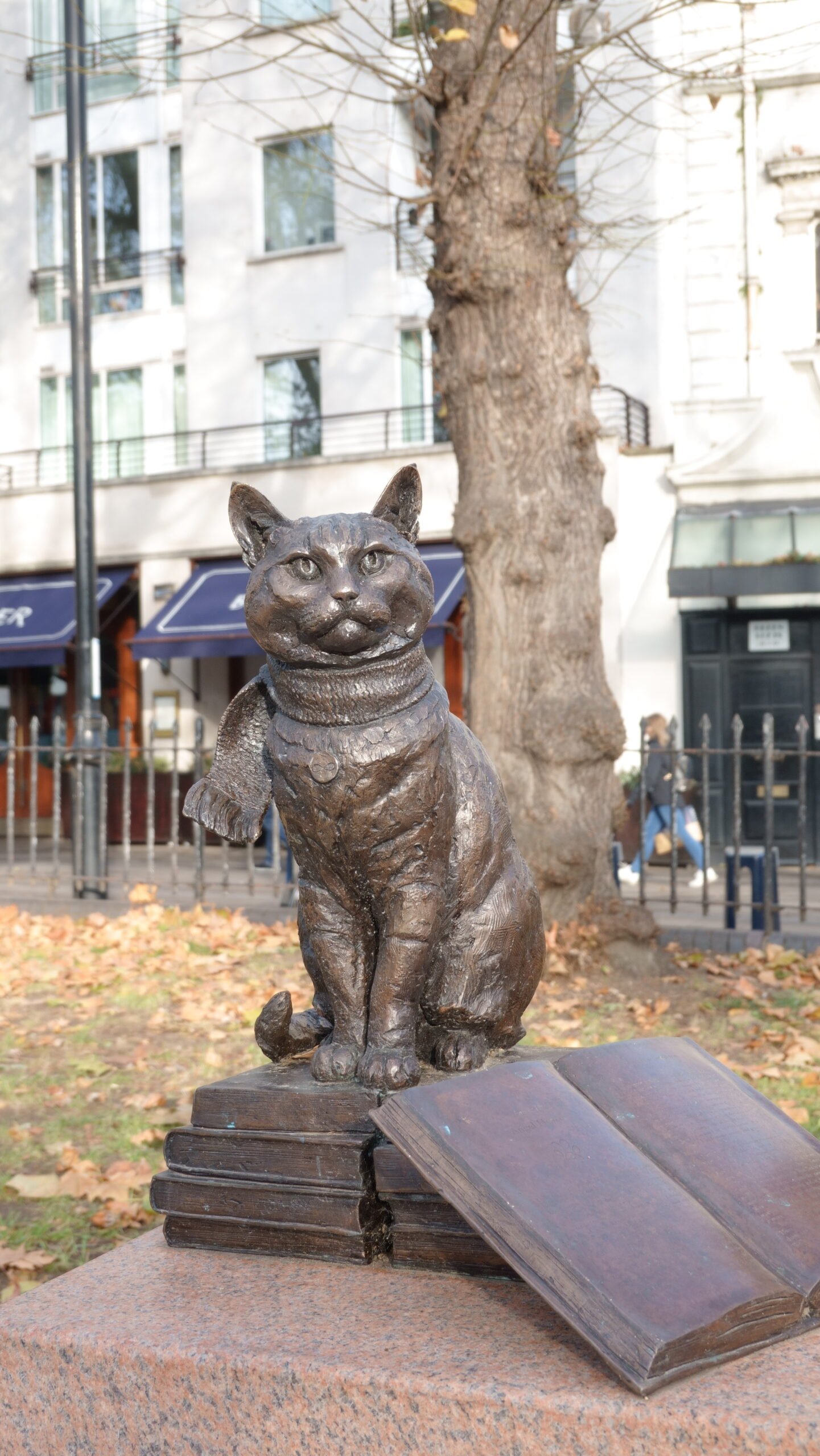
Honoring the memory of their lost companion can be a healing process for both you and your cat. This could be as simple as setting up a small memorial or sharing fond memories. Celebrating their life can transform grief into a tribute, helping both you and your cat find closure.
Patience is Key
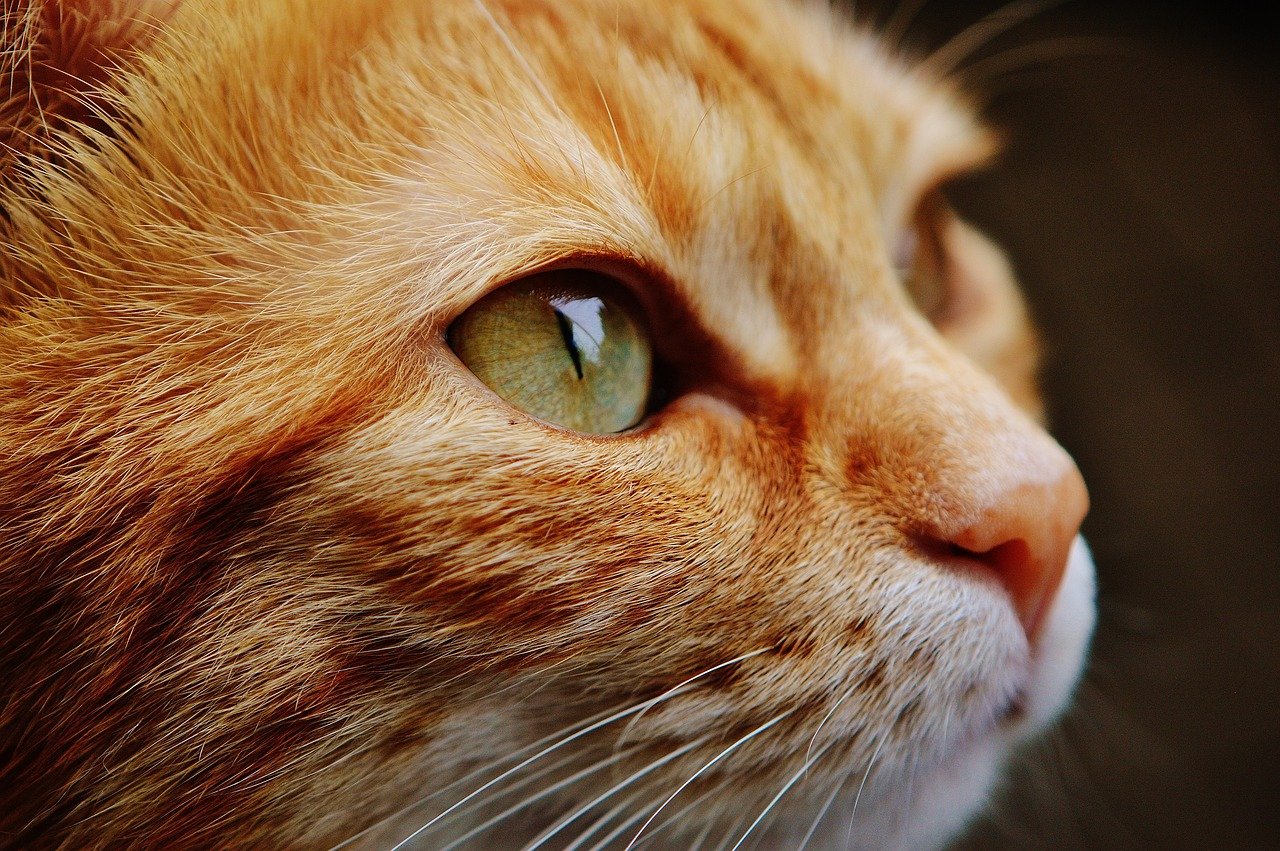
Above all, patience is key when supporting a grieving cat. This is a journey that requires time and understanding. Remember, healing from loss doesn’t follow a timeline. Providing love, support, and patience will help your cat navigate through their grief, finding their way back to a place of comfort and happiness.
In providing support, it’s important to remember that your cat’s grief is as real and valid as your own. Offering them compassion, understanding, and comfort can make all the difference in helping them heal.
Hi, I’m Bola, a passionate writer and creative strategist with a knack for crafting compelling content that educates, inspires, and connects. Over the years, I’ve honed my skills across various writing fields, including content creation, copywriting, online course development, and video scriptwriting.
When I’m not at my desk, you’ll find me exploring new ideas, reading books, or brainstorming creative ways to solve challenges. I believe that words have the power to transform, and I’m here to help you leverage that power for success.
Thanks for stopping by, Keep coming to this website to checkout new articles form me. You’d always love it!






